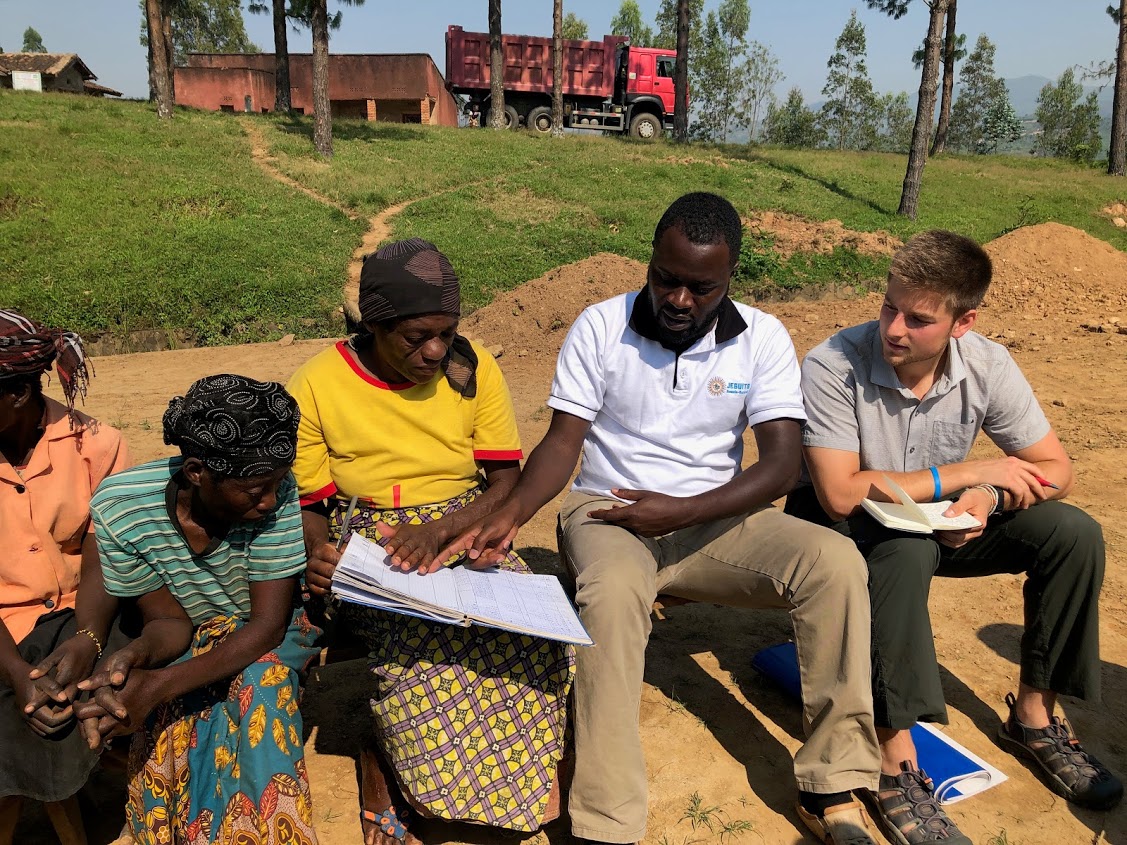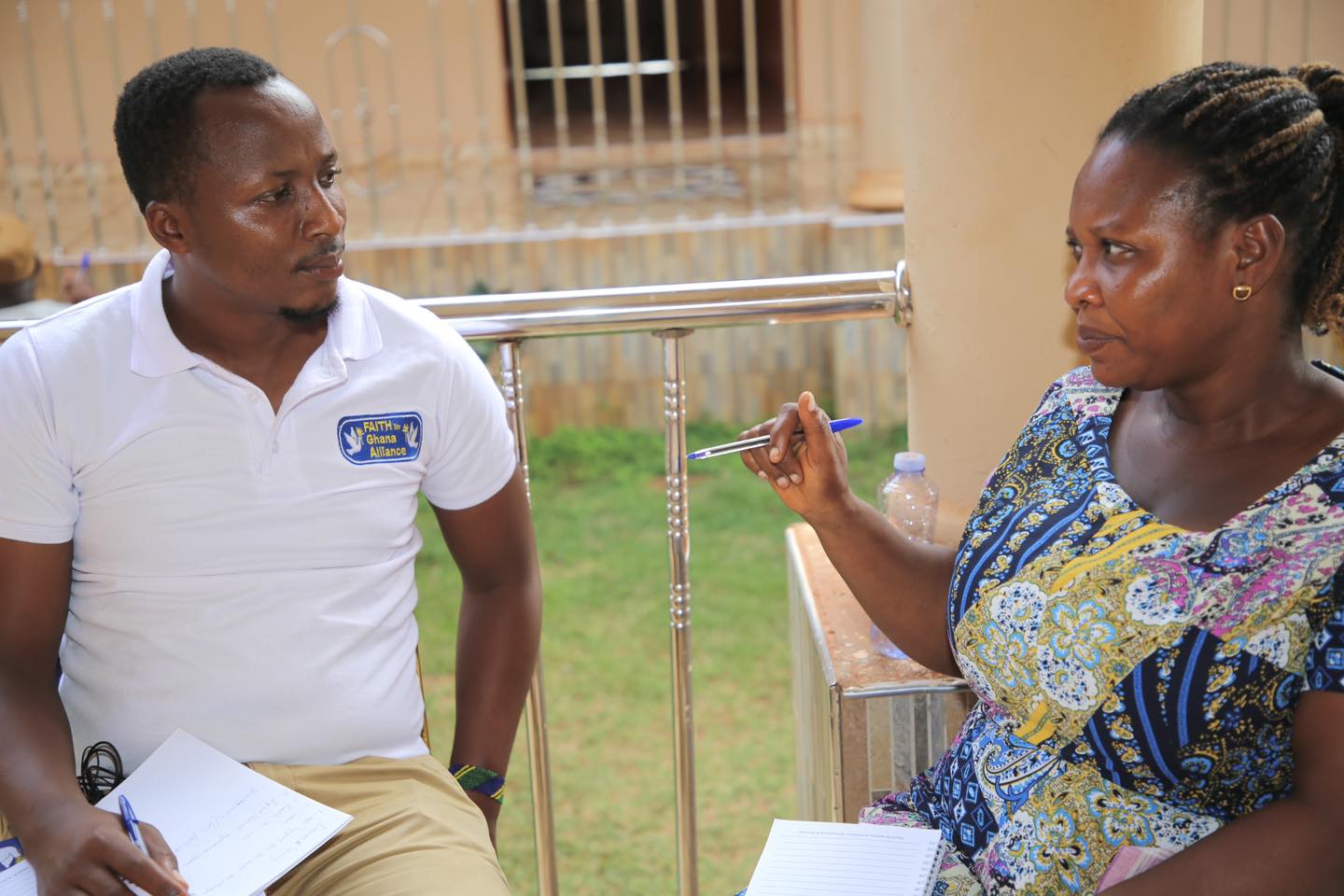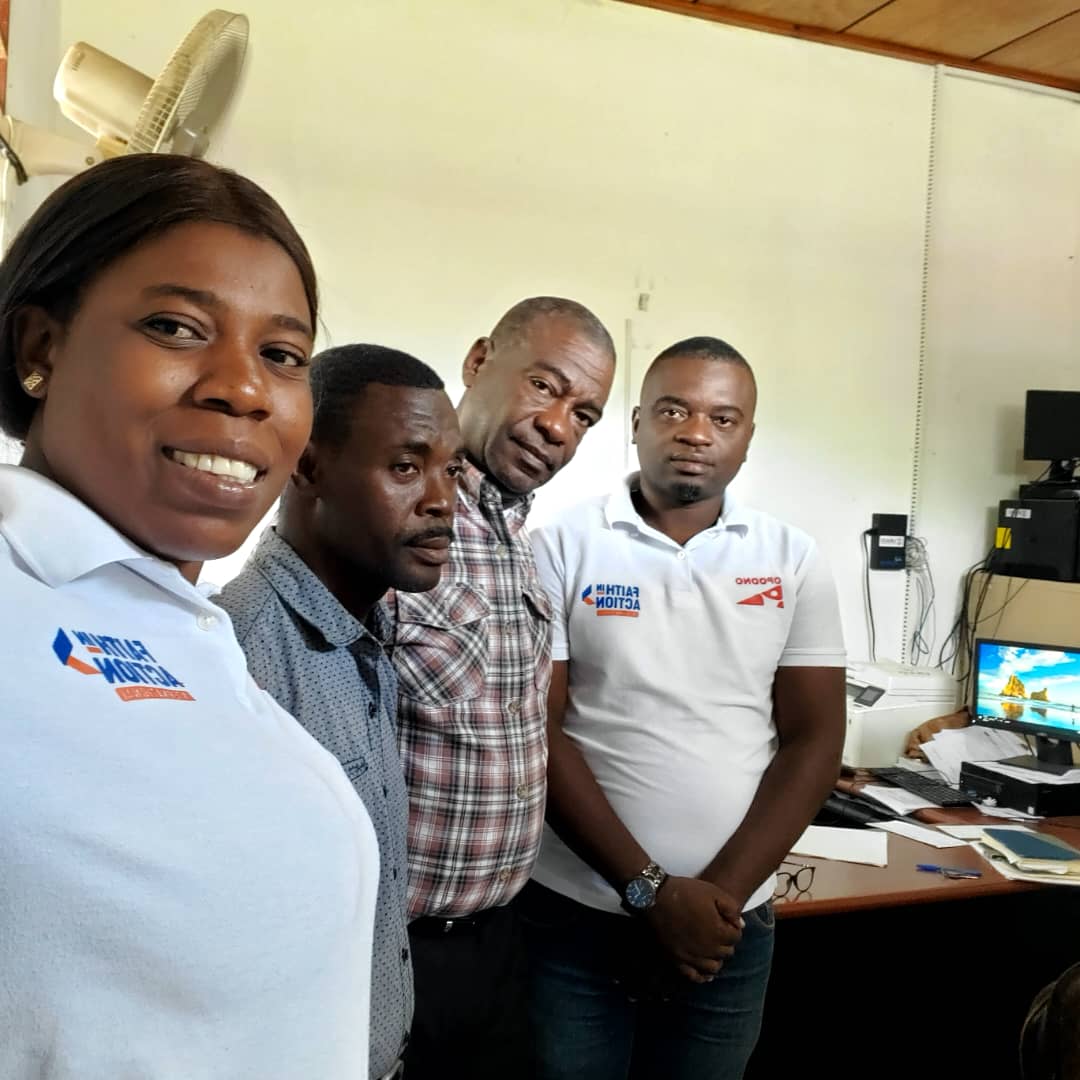FAITH in Ghana Alliance held a “Train the Trainers” retreat in Techiman, Ghana to prepare thirty lay people and clergy to train and coach local multi-faith teams. The…
Rwanda: Leaders are shaping their economic and political future
Mumeya leaders are planning to start a crop-selling business this winter that will allow them to capitalize on the bountiful local agricultural resources. The plan is to buy corn, beans and sorghum from local farmers during harvest season; store them in their community building; and resell to markets in Kigali during offseason. This project will provide local farmers low interest rate loans to purchase seeds as well as provide local farmers with regular and reliable business partners. This new venture will also provide the cooperative members a sustainable source of income to help pay school, electricity, water and health insurance fees and fund other community projects. The co-op especially wants to focus on lifting those in the community with the fewest socioeconomic resources. This venture follows success in bringing a health clinic, community center, water, electricity, and new schools to 30,000 people in five villages. The start-up cost for this crop-selling venture is $10,000.
Nyange leaders have wasted no time on completing their new toilet project during the dry season. Building modern toilets is a major priority for the cooperative because it is a necessary first step for pursuing some other projects. Nyange women hope to make the most of its prime location (right off the main highway between Kigali and Kibuye) to construct a full rest-stop, complete with a parking lot, a produce stand, and garden. The space will be used to host government leaders and other groups and individuals who are interested in learning about the cooperative’s tile-making operations. With support from Santa Clara University’s Miller Center for Social Entrepreneurship, Nyange leaders developed a business plan for scaling its tile and brick operations. With booming development in Rwanda, demand for Nyange’s materials is much higher than its current production capacity, and local government leaders have assured the cooperative that if it is able to increase supply, the government would be interested in purchasing larger quantities of tiles and bricks. This effort follows construction of new homes for the poorest women in the village and construction of a modern kiln and molding shed for their tile-making enterprise. The cost to build the roadside market is $10,000.



